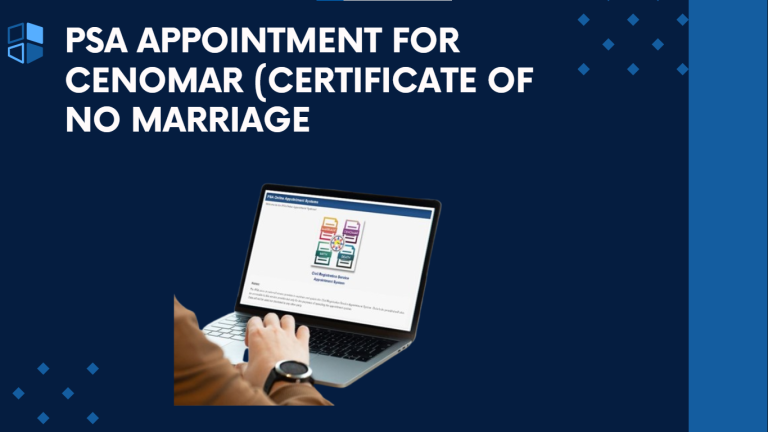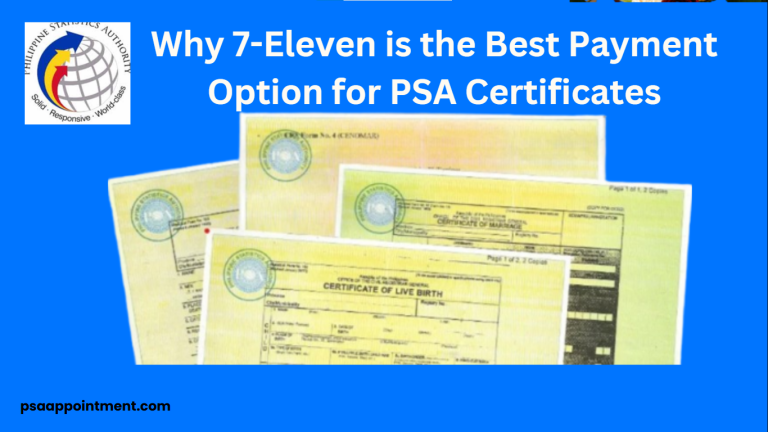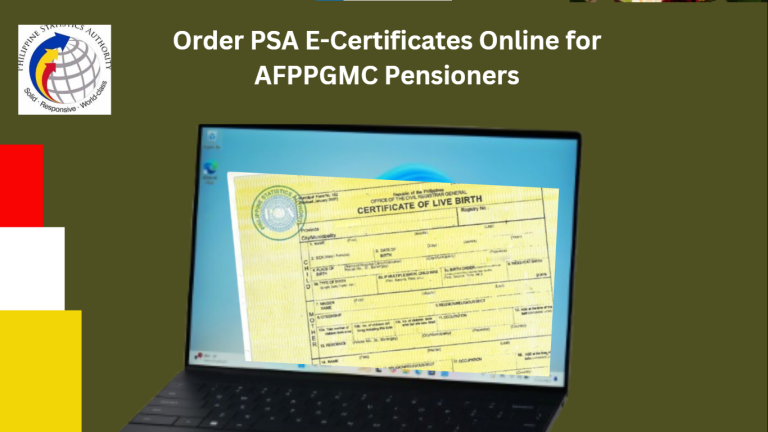PSA Online Appointment for Birth Certificate
Philippine Statistics Authority (PSA) Birth Certificate is An official document called the PSA birth certificate. It is an essential record needed for passport applications, school enrollment, employment and other legal transactions. This guide will help you know how to obtain a PSA birth certificate online and fast, as well as its requirements and process step by step for a seamless experience.
Why Do You Need a PSA Appointment for Birth Certificate
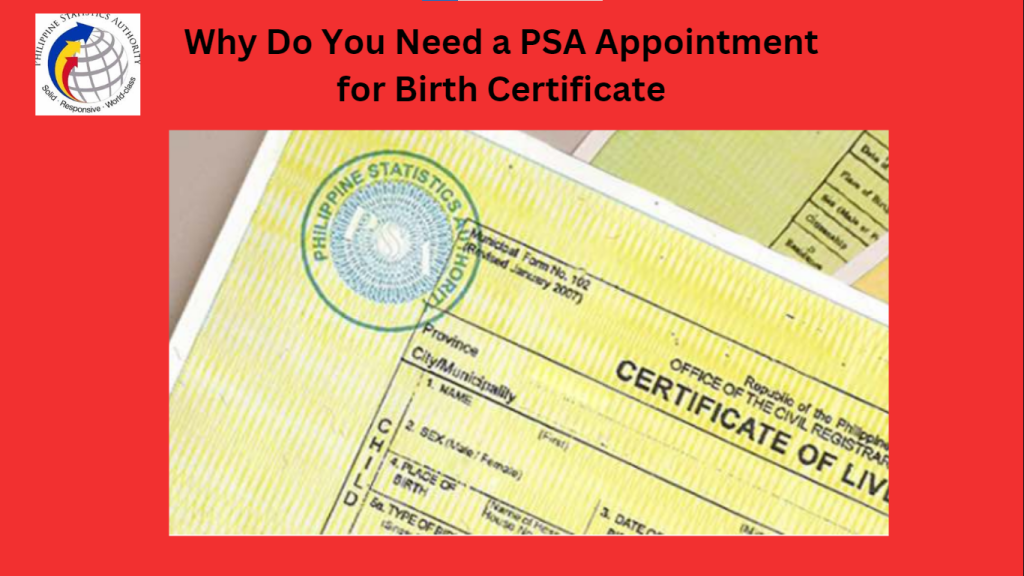
Applying for a birth certificate in the Philippines is easier now with the latest online appointment system of the Philippine Statistics Authority (PSA). It has improved this process a lot as it lowers waiting time and cuts queues.
Make an appointment for your PSA, and secure a hint of a faster process in getting your birth certificate, marriage certificate, or death certificate
Get expert assistance and guidance throughout the process: PSA Appointment online Ensure a smooth and hassle-free experience with our reliable support
How to Schedule a PSA Appointment
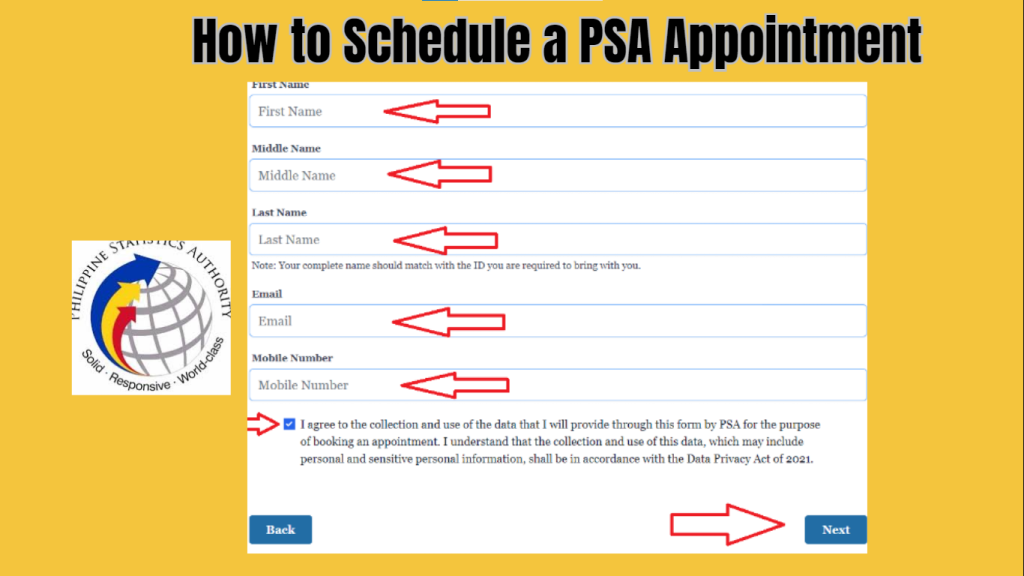
Making a PSA appointment is simple and quick. You can book your appointment pretty easily:
PSA Online Appointment System Please visit (psa appointment) and click on the tab appointed to ‘Internet Reservation.
We will explore the options for each appointment and the dates you can choose from.
Thirdly you must complete the on-line application form with your personal information.
So, following these steps, you can book a PSA appointment for your birth certificate, marriage certificate or death certificate application.
Required Documents for Birth Certificate Application
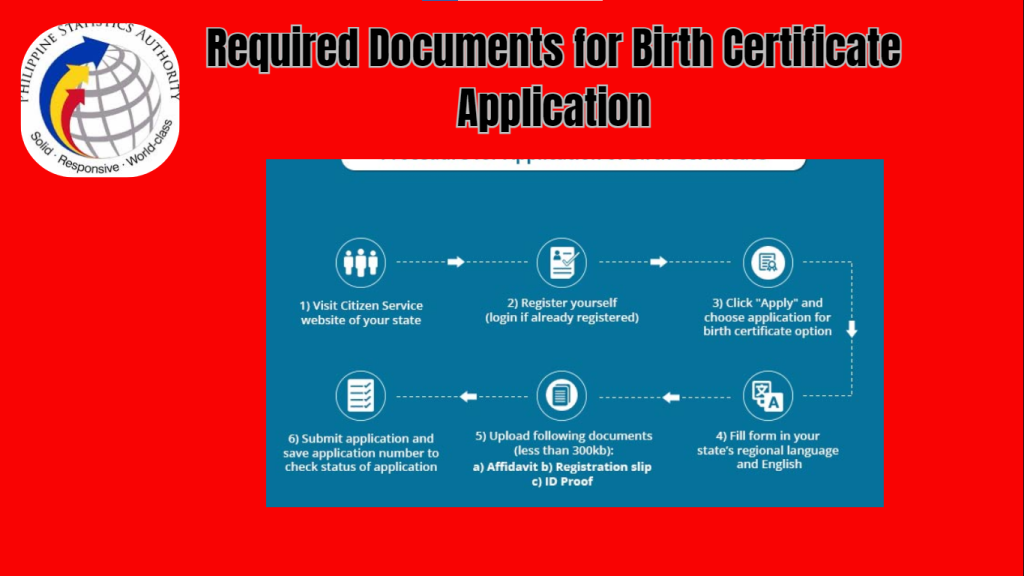
Documents Needed: You need to prepare these essential documents so the application process of your PSA birth certificate can be successful
Steps to Login PSA Appointment for Birth Certificate
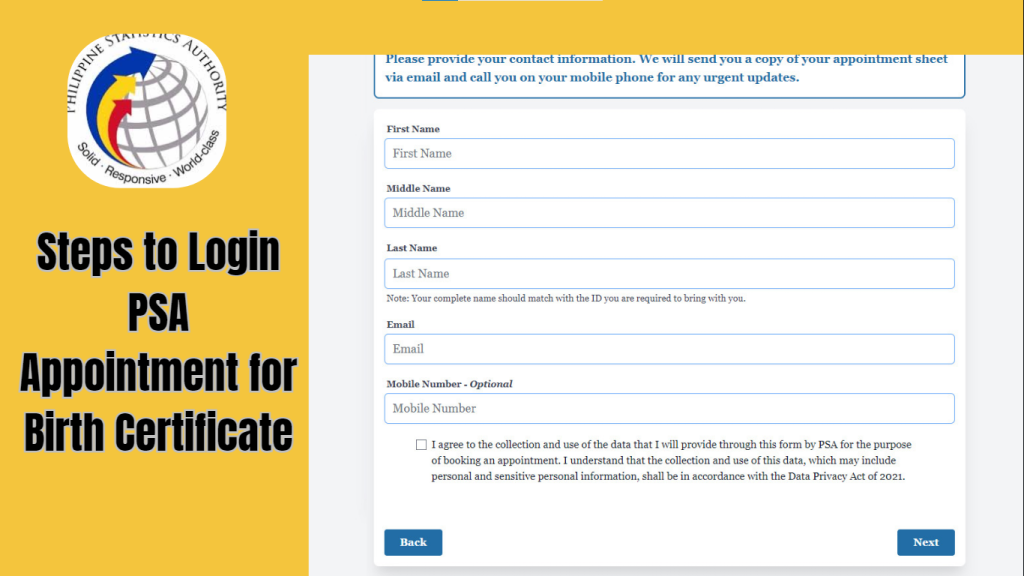
Here is a simple way on how to use the PSA Appointment System for your birth certificate application:
Remember to double-check your details, as they will be used for verification purposes.
Receive OTP (One-Time Password)
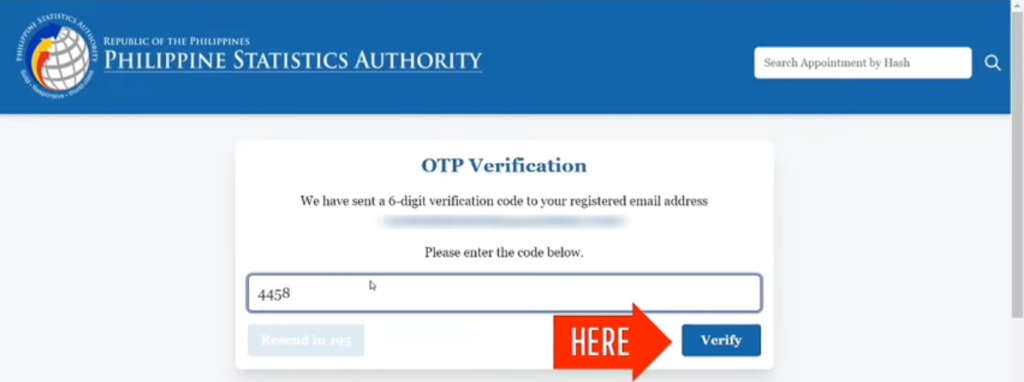
How to Download PSA Appointment for Birth Certificate
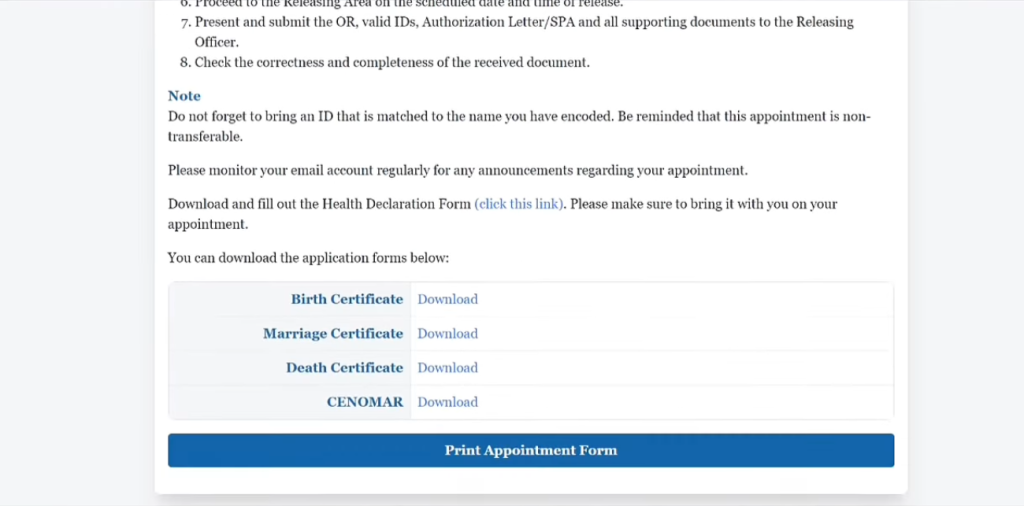
Delineating articles describe how to quickly download your PSA appointment slip from PSA for a birth certificate.
Learn more about the requirements and process through our helpful resources: PSA Appointment On Mobile Phone Get started now and enjoy a convenient and stress-free experience!
PSA Birth Certificate Fees
PSA Birth Certificate Fees
| Type of Service | Fee |
| First copy | ₱155 |
| Each additional copy | ₱50 |
Processing Time and Delivery Options
PSA birth certificates are usually released after 2-3 working days. But there are PSA branches that process applications the same day for an extra charge.
For your convenience, you may either collect your document from the PSA office or have it sent to your address.
Correcting Errors on Your Birth Certificate
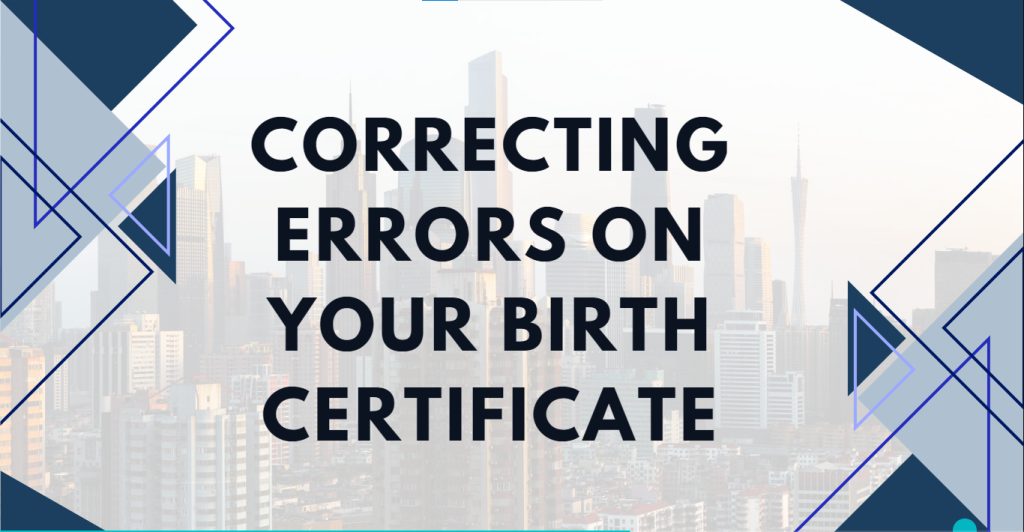
If you find errors on your Philippine birth certificate, determine if the error is clerical (should be corrected under Republic Act No. 9048) or substantial (needs a court process under Republic Act No. 10172).
Steps to correct:
PSA Birth Certificate Requirements for Passport Application in the Philippines
One who intends to apply for a Philippine passport must submit a PSA-issued birth certificate. Here are the requirements:
It helps to have extra records, like a marriage certificate or a court order, if needed. Do check the Philippine passport application website for the latest requirements here is the official link to visit Psa appointment for birth certificate
Philippine Passport Requirements For Adult Applicants
To apply as an adult for a Philippine passport, gather the following:
Philippine Passport Requirements for Minor Applicants
How to apply a minor’s passport in the Philippines?
Requirements for PSA Birth Certificate for Passport Application
Here’s a summary table of requirements based on applicant type:
| Applicant Type | Requirements |
|---|---|
| Adult | PSA Birth Certificate, valid ID, application form, marriage certificate (if married). |
| Minor | PSA Birth Certificate, parent/guardian valid ID, affidavit (if applicable). |
| Married Female | Annotated Marriage Certificate, annotated Birth Certificate (if corrections). |
For your convenience, you can also apply for your PSA birth certificate online via the PSA Serbilis website.
With this service, you can order your document from home and have it sent to your door.
Tips and tricks for a Smooth PSA Appointment Experience

Common Issues and How to Address Them
| Common Issue | How to Address It |
| Lost appointment confirmation | Contact the PSA hotline for assistance. |
| Name discrepancies | Bring supporting documents to clarify any inconsistencies. |
| Delayed processing | Follow up with the PSA office if you haven’t received your document within the expected timeframe. |
Importance of Having an Updated PSA Birth Certificate
A recent PSA birth certificate is important because it is the main proof of identity, age, and citizenship in many legal transactions. It’s commonly needed when applying for government IDs, school enrollment, getting a job, or securing a passport — all essential steps in following the law.
I am sure you are aware of how a new certificate will also be a correction of wrong entries or changes, no one wants a hassle while getting through any legal work.
Late Registration of Birth
A PSA appointment is required for many transactions in the Philippines, including:
Booking an appointment for your PSA is a good way to keep the smoother and easiest process for your birth certificate application and Late registration.
Birth Certificate for Filipinos Born Abroad
Reporting the Birth
Notify the birth within a year for registration purposes. The following are the documents required to submit a Report Of Birth (ROB) along with:
If the birth is reported more than 12 months later, additional evidence may be required to justify the delay. The consular officer will adjudicate based on this information.
PSA Birth Certificate for Dual Citizens
Secure PSA-Issued Birth Certificate (only applies to Filipinos born abroad under 18 years old wishing to acquire Dual Citizenship).
PSA Birth Certificate for Foundlings
Though their biological parents cannot be identified, foundlings in the country can apply for a Certificate of Live Birth (COLB) with the help of the Philippine Statistics Authority (PSA).
This grants access to essential services such as education and healthcare under the Foundling Recognition and Protection Act. An accredited social worker needs to help facilitate issuing a COLB that contains information such as the child’s approximate date of birth, as well as their citizenship.
Mobile PSA Services for Birth Certificates
Mobile Public Service Announcement facilities, including those specifically for birth certificates, improve accessibility with the added benefit of disrupting entry and documentation into communities.
Using PSA Birth Certificates for Passport Applications
The PSA birth certificate is a mandatory requirement for passport applications in the Philippines, being the principal document proving the applicant’s identity and citizenship. New applicants need to submit in person an original and printed copy of their PSA certificate of birth on security paper and other required documents.
PSA Birth Certificate for Persons with Disabilities (PWDs)
The requirement of a PSA birth certificate is very important for persons with disability (PWDs) as this is considered as a primary document that such individuals may present in order to avail various government sponsored programs and benefits. In turn, this certificate will ensure that PWDs can obtain their ID cards to enjoy perks under the law.
Moreover, a personal updated PSA birth certificate enable PWDs to engage with the society through educational and work opportunities, thus enabling them to their right and privileges.
PSA Birth Certificate for Overseas Filipino Workers (OFWs)
Birth certificates are a must for OFWs.
Hence, get a few as you never know when you may have to work overseas and the processing will take time.
PSA Birth Certificate for Legal Name Changes
If you’ve legally changed your name, you’ll want to update your birth certificate:
PSA Branches Across the Philippines
| PSA Branch Location |
| PSA Manila |
| PSA Quezon City |
| PSA Cebu |
| PSA Davao |
| PSA Calabarzon |
PSA Birth Certificate for Adoption Purposes
If you’re adopting a child in the Philippines, you will need to obtain a special birth certificate:
PSA Birth Certificate for Children Born Through Surrogacy
As surrogacy becomes more prevalent, some specific guidelines apply:
Seek advice from an attorney specializing in family law with knowledge of laws in the Philippines about assisted reproduction.
FAQs
Conclusion
A PSA birth certificate is essential for many life events in the Philippines and getting one has never been easier with in-person and online application options. By knowing what documents are required and how to apply best, Filipinos can easily obtain their PSA birth certificate and open doors that grant them access for passport applications, school admissions, an employment application, and others.



